Big opportunities - and challenges - for Greater Manchester under devolution
- Published
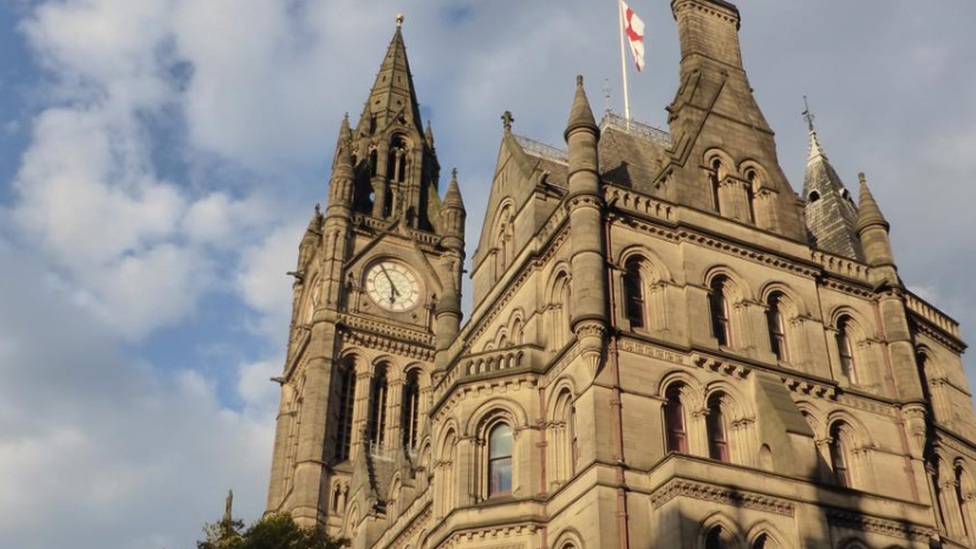
Manchester is one of the northern cities that is at the heart of the Powerhouse
About a year ago, the leaders of the 10 councils in Greater Manchester signed a ground-breaking devolution deal with the government.
It was agreed that decisions about how to spend budgets totalling £2 billion would be made locally rather than in Whitehall, while the city region would have an elected mayor.
In February came news of another slice of devolution - the £6 billion health and social care budget.
Greater Manchester's leaders say that by taking on these budgets - and responsibility for transport, planning and housing, skills and business support - they can spend them in a more targeted way.
Now they want to cash in on their reputation for being Chancellor George Osborne's poster boys for the so-called Northern Powerhouse.
Having delivered on their promise to install an interim mayor - police and crime commissioner Tony Lloyd has taken on the role until elections in 2017 - Greater Manchester's council leaders are seeking control of another £7 billion.
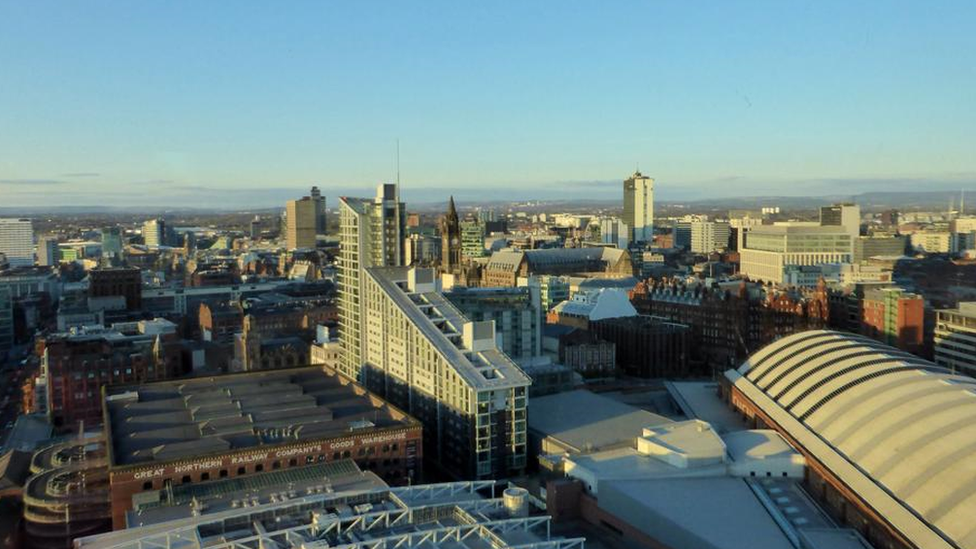
Manchester will have an elected mayor from 2017
We'll find out if the government is inclined to hand them over in the Autumn Statement later this month.
As well as being the first to be agreed in England, Greater Manchester's devolution deals also go a lot further than those reached subsequently in other regions.
This is an indication of the confidence Mr Osborne places in the Combined Authority, the body that brings the councils together.
It's fascinating politically because the Combined Authority is dominated by Labour politicians.
Their agreements with a Conservative chancellor went ahead without any real discussion with Labour at Westminster.
Support from the party's new leader Jeremy Corbyn has been lukewarm to say the least.
And the health devolution deal even took the then shadow health secretary and Leigh MP Andy Burnham by surprise.
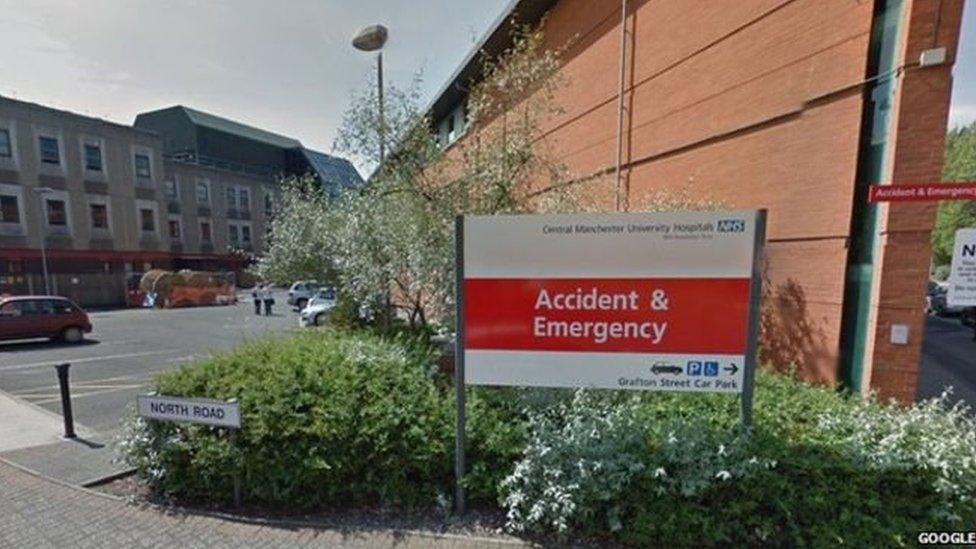
Greater Manchester Combined Authority manages £4.7bn of the £6bn health and social care budget
While being chosen as the "first" and the "best bet" for devolution comes with benefits, it also puts Greater Manchester in the firing line.
Unions have pointed out that the council's "power grab" comes against a backdrop of funding cuts which are only likely to get deeper.
Others demand a referendum on changes they claim the council leaders simply had no democratic right to make.
The people of the region will get to have their say, at least in part, in the mayoral elections in 2017.
By then, and for better or worse, devolution will certainly be shaping Greater Manchester and the lives of everyone in it.
- Published11 July 2015
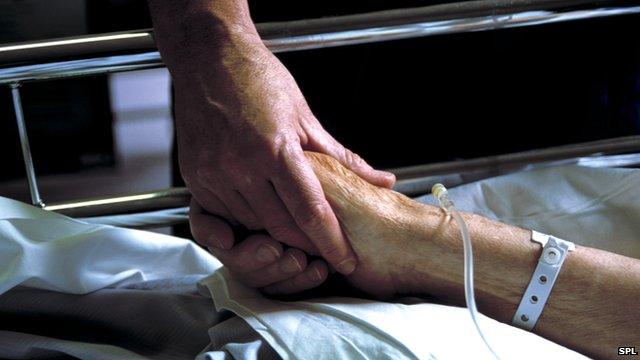
- Published16 November 2015
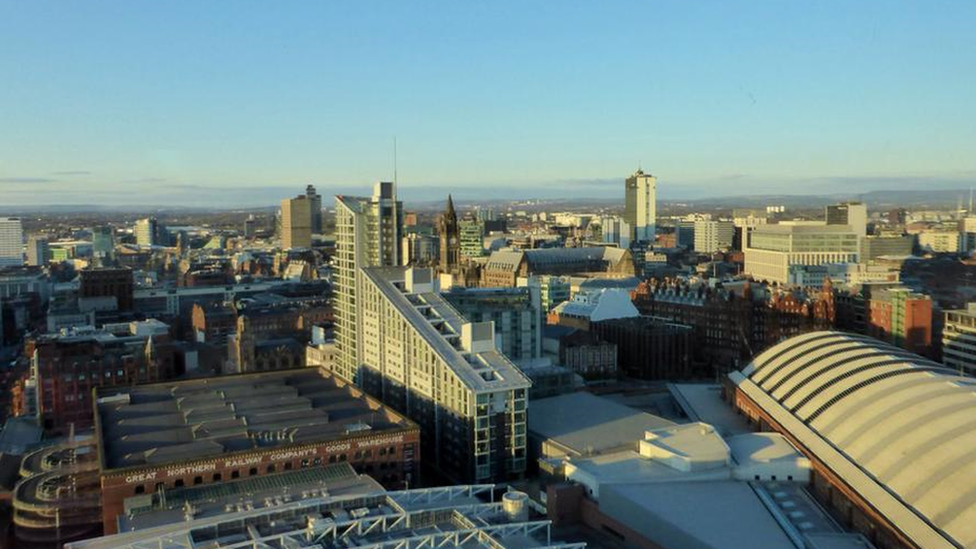
- Published25 February 2015